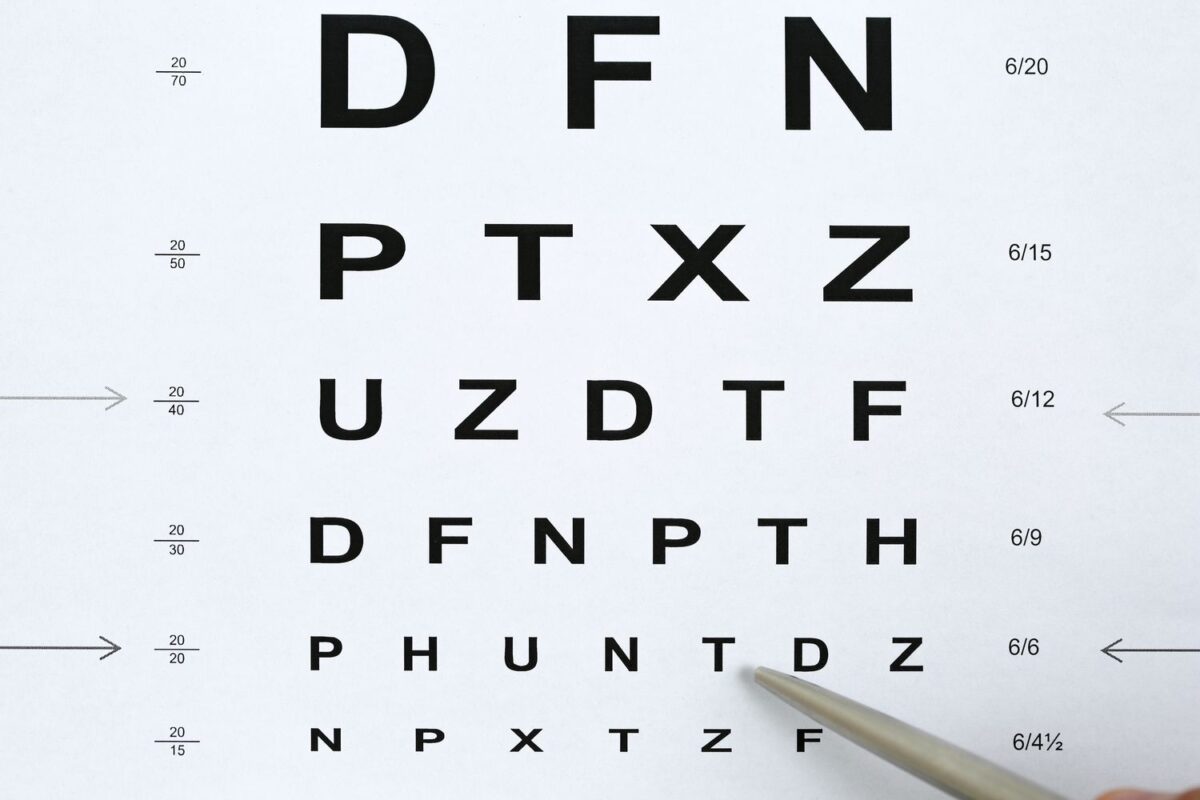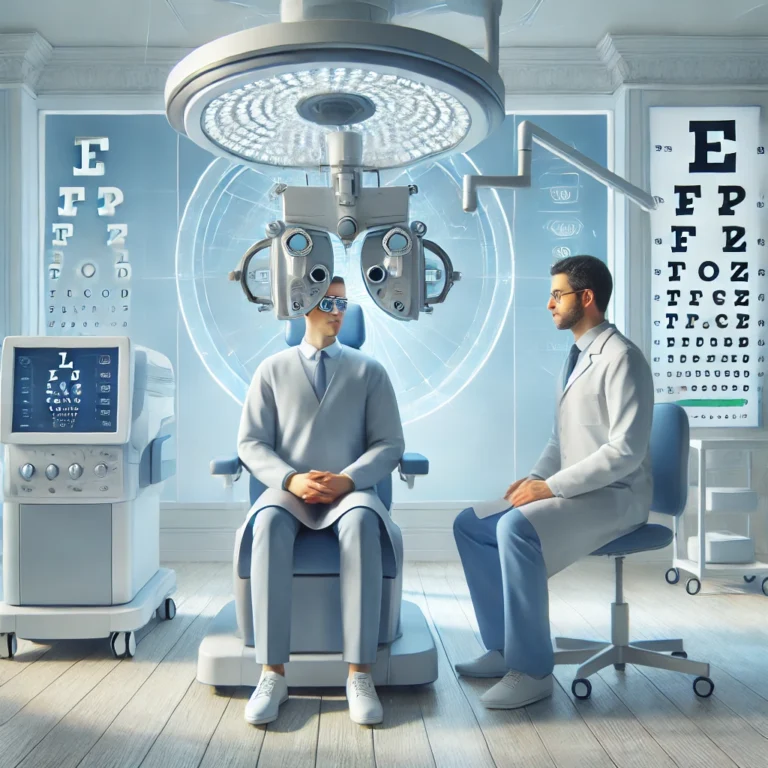Why Does Vision Change As We Get Older?
As we age, our vision often changes, which can cause us to experience refractive errors. Refractive errors occur when the eye does not bend (refract) light properly, causing blurry or distorted vision. The most common refractive errors are nearsightedness (myopia), farsightedness (hyperopia), astigmatism, and presbyopia. In this blog, we will discuss why our vision changes as we age and how refractive errors can develop.
Changes in The Shape Of Our Eyes
Changes in the shape of the eye are one of the main reasons vision will change as we age. The lens of the eye, which helps to focus light, becomes less flexible and thicker as we age, causing the eye to have difficulty focusing on objects up close, leading to presbyopia. This is why many people over the age of 40 need to use reading glasses to see objects clearly.
Changes In Our Cornea
Another reason why our vision changes as we age is because of changes in the cornea, the clear outer layer of the eye. The cornea can become less curved, which can cause light to bend incorrectly, leading to refractive errors. This can also cause a reduction in visual acuity, making it more difficult to see objects clearly.
Age-Related Diseases
Additionally, age-related eye diseases, such as cataracts and macular degeneration, can also affect our vision. Cataracts are cloudy areas that form in the lens of the eye and cause blurred or cloudy vision. Macular degeneration is a condition that affects the part of the retina responsible for central vision, causing vision loss or blind spots. These conditions can cause or worsen refractive errors and have a significant impact on one’s quality of life.
What Can Fix My Vision?
The good news is that refractive errors can be corrected with glasses, contact lenses, or surgery. Glasses are the most common form of correction for refractive errors and are often prescribed to correct nearsightedness, farsightedness, and astigmatism. Contact lenses are another option and can provide a more natural and unobtrusive form of correction. For those who would like a more permanent solution, LASIK, PRK, or RLE surgeries can be performed to adjust the cornea or the lens in our eye.
In conclusion, our vision changes as we age due to several factors, including changes in the shape of the eye, changes in the cornea, and age-related eye diseases. These changes can lead to refractive errors, causing blurry or distorted vision. At BCLasik, we specialize in providing our patients with long-lasting, high-quality vision correction. If you’d like to learn more about how we can help you see life with clear, natural vision, visit bclasik.ca. Alternatively, book a free consultation with one of BCLasik’s vision counselors to assess your specific vision needs and take a step towards clear, natural vision. A virtual or in-person consultation can be booked HERE!







